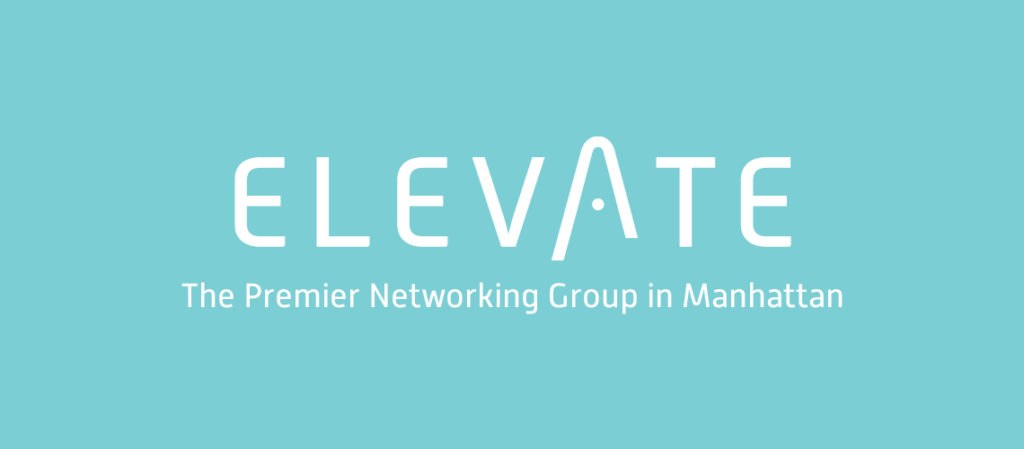uick question for you. How did you try to get your way as a child? Doesn’t matter if it worked or not. Just think about how you typically acted when you were told something you didn’t want to hear when you were younger.
Did you act out? Did you argue? Get all rage-y and throw a tantrum?
Or did you shut down? Silently pout in your room and write sad poems?
Now, as an adult, do you feel that either extreme is an effective way to communicate to reach your desired outcome?
Unless you’re planning on writing the next great teenage angst album, you probably said “no.” As adults, we know that communication involves finding that critical space between lashing out on one side, and the silent treatment on the other. This critical space is called DIALOGUE.
Dialogue is the productive middle ground between shutting down and acting out. Dialogue occurs when all sides are willing and able to share their feelings, ideas, and perceptions. And the most constructive dialogue occurs when we have the skills to communicate with honesty AND respect.
You all know me as the career coach of the group. I’m also a certified Crucial Conversations Trainer for the federal government and health care institutions. I’m brought in to train their executive staff to talk to each other and their teams in ways that encourage dialogue. I coach them towards communicating effectively with honesty and respect in high stakes, emotionally charged situations. You know, the easy stuff.
I joke, but the truth is, whether we like it or not, these are the kinds of discussions we all experience at one time or another with our own clients, employees, or family members. These are the make-or-break conversations – for your business, and your personal life.
In my years of leading this high-level training, I’ve noticed 2 consistent trends amongst the most successful communicators.
Number 1: the best communicators know in their hearts what they really want, and this makes them more likely to communicate with honesty and respect. So get very clear about what you truly want for yourself, the other person, and the relationship. Then, ask yourself this all-important follow up question: Am I behaving in a way that would inspire these desired results? If not, you gotta pump the breaks, correct your course, then restart in the right direction. Great communicators don’t get dragged down other peoples’ dark, confusing rabbit holes. They keep it moving towards the desired results.
And Number 2: the best communicators take note of how safe the other people feel. When the other party trusts your intent and feels safe, they’re more likely to share honestly and respectfully – they engage in the all-important dialogue. Great communicators know that emotional and psychological safety don’t just happen – Safety is a function of perceived intent. If the other party perceives your intent as malicious, they won’t feel safe, they won’t engage in honest dialogue, and there will never be meaningful progress. Providing a sense of safety encourages the dialogue needed to reach the desired result.
I hope I’ve been able to at least spark your interest in evaluating how you handle high stakes, emotionally charged conversations. I will leave you with a brief quote from author and researcher Joseph Grenny. He says: “It’s real simple: If you don’t talk it out, you will act it out”. Let’s go talk these issues out today

